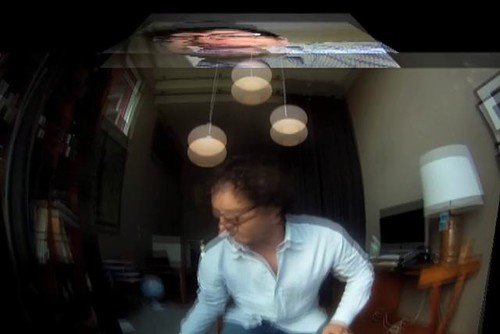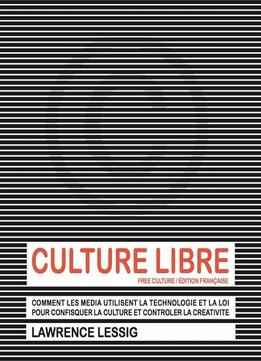

Where the creativity is an amateur remix, the law should leave it alone. Digital technologies have democratized the ability to create and re-create the culture around us. Lessig wrote: "Before the 20th century, this culture flourished.


One of Lessig's suggestions was to "deregulate amateur remix" so that amateur creativity would not be subject copyright law. His article called for copyright reform based on the practicalities of making copies and remixing media in the digital age. In 2012, Lessig commented that Creative Commons began as a way to start a movement on "the idea of giving people a simple way to affirm that they don’t believe in either extreme of perfect control or no rights." In 2008, Lessig wrote "In Defense of Piracy" for The Wall Street Journal. In 2001, Lawrence Lessig co-founded Creative Commons, a nonprofit group that developed licenses for creative work that allow creators to specify the uses of their creations by the public. Lessig has also been a member of a number of boards for nonprofit organizations, including: In addition, Lessig is the author of five books, including Republic, Lost: How Money Corrupts Congress-and a Plan to Stop It.

Lessig has been a professor of law at the University of Chicago, Stanford University and Harvard University. He was a clerk for Judge Richard Posner in the United States Court of Appeals for the 7th Circuit from 1989 to 1990 and for Justice Antonin Scalia in the United States Supreme Court from 1990 to 1991. In 2014, Lessig started a super PAC, Mayday PAC, which aimed "to help elect lawmakers of both parties who support proposals to diminish the influence of big donors." Career Lessig received bachelor's degrees in economics and in management from the University of Pennsylvania, a master's in philosophy from Cambridge University and a J.D. Lessig previously was professor of law at the University of Chicago and at Stanford University, where he founded the Stanford Center for Internet and Society. He is also the co-founder of Creative Commons-a nonprofit that enables public permission to share and use creative work. Furman Professor of Law at Harvard University and directs Harvard's Edmond J.


 0 kommentar(er)
0 kommentar(er)
